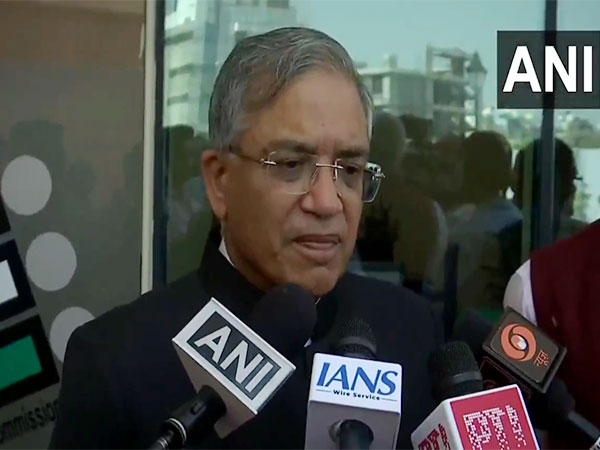Covid spread can be contained in US universities with students testing every 2 days: Study
Aug 02, 2020

Washington [US], Aug 2 : The coronavirus spread can be controlled in US universities if students are tested for the infection every two days, according to a study published on Friday.
The study conducted by researchers from the Yale School of Public Health, Harvard Medical School and Massachusetts General Hospital was published in JAMA Network Open, the Washington Post reported.
The study used computer simulations to show how the virus might spread among a hypothetical group of 5,000 students.
In the simulation, it was assumed 4,900 students are coronavirus free while 10 were assumed to be infected.
Researchers found screening every two days using a rapid, inexpensive test would help in maintaining "a controllable number of COVID-19 infections" if coupled with "strict behavioural interventions" such as quarantining positive students in isolation dormitories.
The study estimated that the screening would cost USD 470 per student per semester and did not consider the effects of reopening schools on staff and communities where colleges are located.
It also said that monitoring students for symptoms were not sufficient and that logistical challenges such as the availability of tests or isolation dormitories "may be beyond the reach of many university administrators and the students in their care."
Still, the study suggested that with sufficient resources, universities could reopen.
"We believe there is a safe way for students to return to college in fall 2020," The Washington Post quoted the study.
A David Paltiel, a professor at the Yale School of Public Health and the lead author of the research, said the study was undertaken as a consortium of university presidents in the Boston area looked for a way to safely reopen.
Paltiel said the frequency of testing is more important than its accuracy, adding that repeated tests would eventually find the positive cases.
While there are risks in any plan to reopen campuses in a pandemic, there are also risks to letting students stay at home, he said.
"The problem doesn't go away simply because you don't reopen campus," he said. "We can't let the perfect be the enemy of the good."
Michael Mina, an epidemiology professor at Harvard who was not involved in the study, said high-volume testing by universities is "a little bit niche," but maybe the key to safely reopening for the fall semester.




















